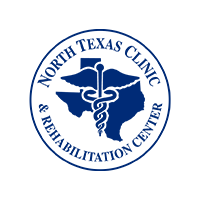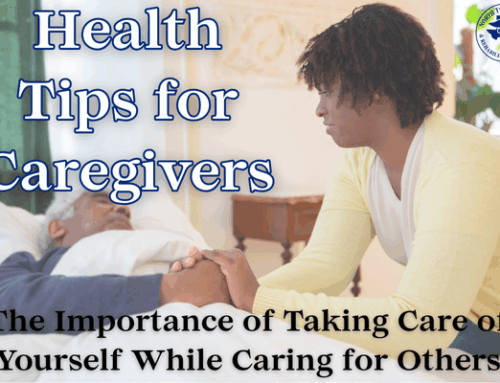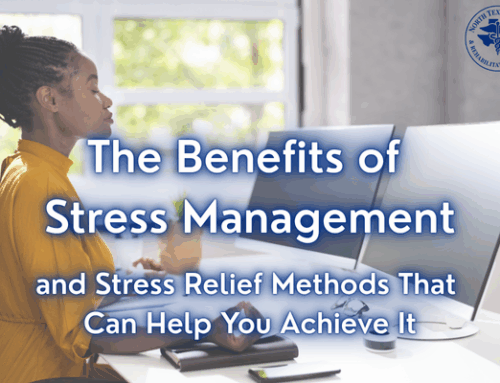If you’re still stuffed from Thanksgiving and already loosening the belt for Christmas, you’re not alone. Some people may eat up to 6000 calories on Christmas day alone! As easy as it is to munch on sweets, snacks, and calorie-rich foods (and drinks!), maintaining a balanced diet around the holidays is crucial.
However, a balanced diet does not mean you should completely avoid the treats you love or feel shame about having them, especially during once-a-year events like the holidays. As the term implies, it’s all about balance.
Once you understand what it means to have a balanced diet, you can learn how to find flexibility during the holidays and all year long.
What Does a Balanced Diet Mean?
Most people know you’re supposed to eat more “healthy food” than salty snacks and fast food. Yet, some may not know what portions of different food groups are healthy or how many calories they should consume each day. Others mistake a healthy and balanced diet for an unnecessarily restrictive one.
Another common misconception is about what the term ‘nutrient’ actually means. Again, everybody knows we need vitamins and minerals, such as Vitamin C and zinc. We also need fats, proteins, fiber, carbohydrates, and water. Yes, water is considered an essential nutrient.
Getting sufficient levels of all these nutrients requires a balanced diet. For most of us, that means eating a combination of vegetables, fruits, lean proteins, whole grains, dairy products, and, of course, drinking water.
Best of all, you can do this without cutting out foods or strictly limiting what you enjoy. It’s about ensuring you get a good mix of proteins, carbohydrates, fats, vitamins, and minerals from various food sources.
Think of it like building a plate. You want colorful vegetables, fruits, whole grains, and lean proteins like chicken or beans. Fats are essential, too, especially from sources like olive oil, nuts, and avocados. Mixing these foods in your meals fuels your body with everything it needs to feel good and stay strong.
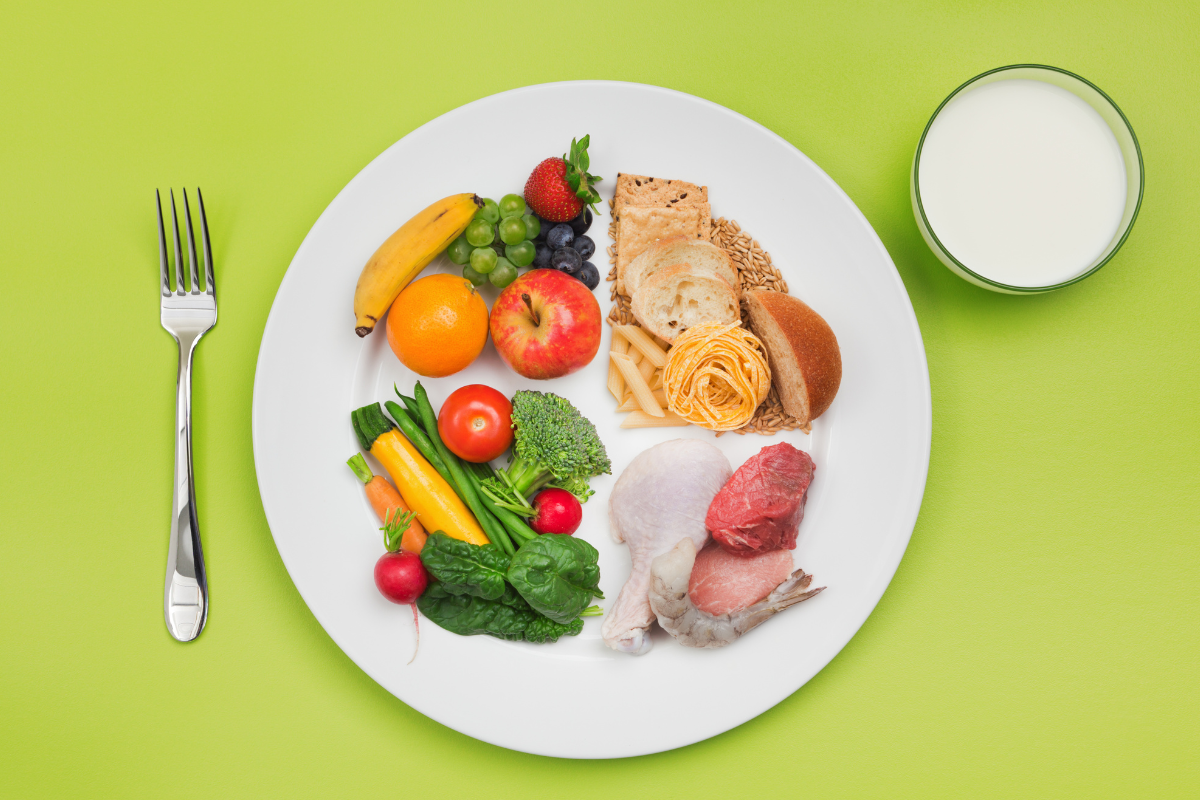
How Does a Balanced Diet Help Your Health?
In the same way that a car needs gas or electricity and other oils and lubricants to function properly, your body needs nutrients.
During childhood, among many other things, a nutrient-dense diet helps kids’ bodies and brains grow and develop correctly, supports a strong immune system, and establishes a future of healthy eating and weight management.
As adults, a balanced diet provides the fuel your body needs to do everything it needs to do. From your brain’s many functions to the movement of your toes, nutrition is vital for your overall health. It also keeps your energy steady, boosts your immune system, helps to maintain a healthy weight, and reduces the risk of chronic conditions like heart disease, diabetes, and certain cancers.
Beyond the physical benefits, a well-rounded diet can also support healthy sleep and mental wellness, helping to stabilize your mood and improve your ability to focus and handle stress.

What Should Be in a Balanced Diet?
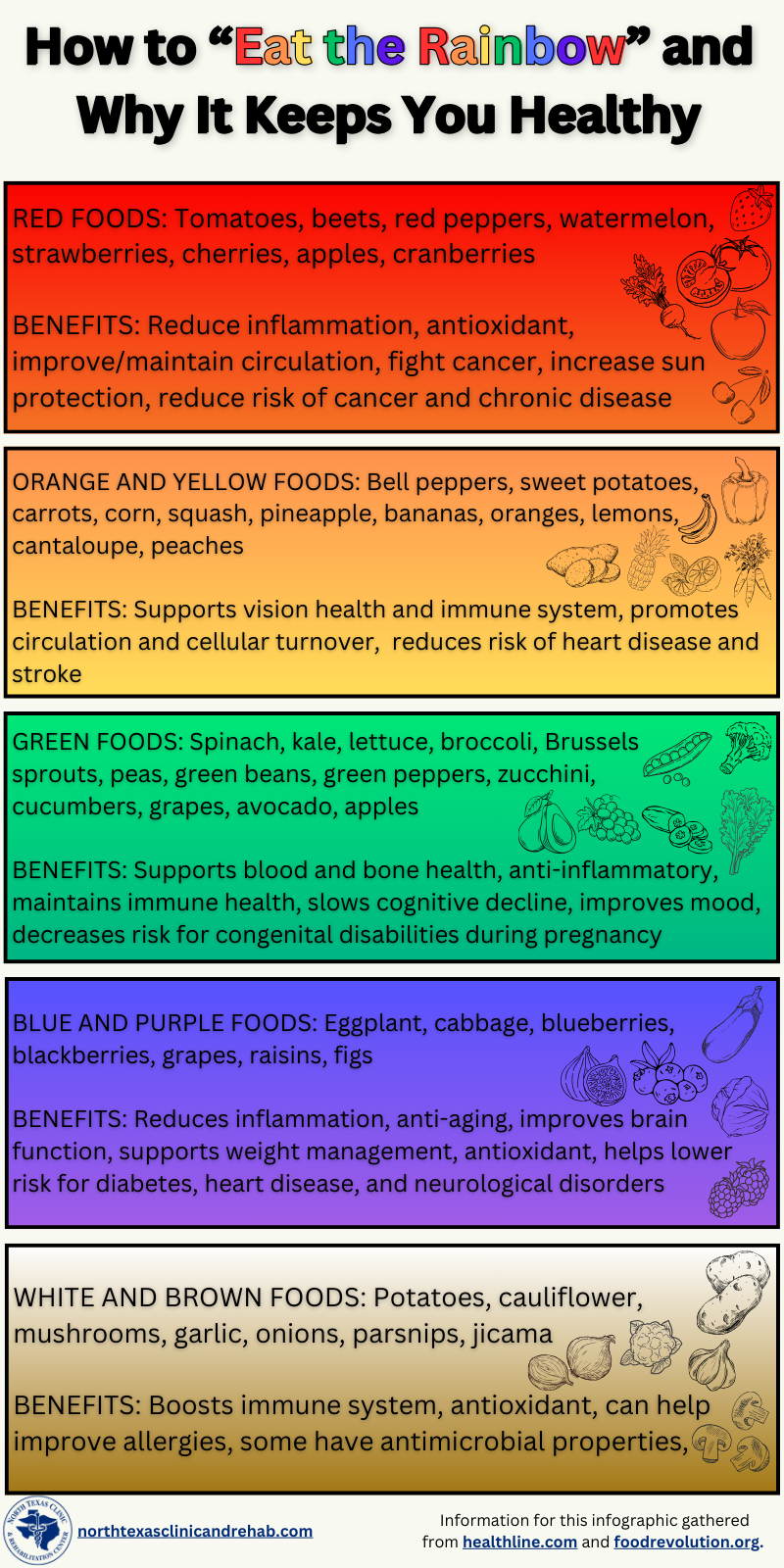
A balanced diet includes a combination of foods from different food groups.
- Fruits and Vegetables — These provide essential vitamins, minerals, and fiber. Aim for a variety of colors and types, as illustrated in this “Eat the Rainbow” infographic. While fresh is great, frozen and even canned (as long as there isn’t added sugar or salt) offer just as many benefits. Some foods even offer higher amounts of nutrients when cooked. The point is, fruits and vegetables are an enormous source of nutrients in whatever form you prefer!
- Lean Proteins — Chicken, turkey, beans, fish, eggs, and plant-based proteins like tofu, nuts, and beans help your body build and repair tissues.
- Whole Grains — Foods like oats, brown rice, and whole-wheat bread provide energy, fiber, and vital nutrients. Even cereals are a good source of fiber, vitamins, and minerals. (Just be sure to watch the sugar content, as even “healthy” cereals have more added sugar than most people suspect.)
- Healthy Fats — Fats from avocados, nuts, seeds, and olive oil help with brain function, hormone production, and keeping your skin healthy. When cooking with fats, remember to only use saturated fats (those that are solid at room temperature, like butter) in significant moderation because they can lead to high cholesterol and heart disease.
The Difference Between a Balanced Diet and a Restricted One
No one is perfect, and there’s no need to cut out fun foods entirely. As a matter of fact, a restrictive diet can actually do more harm than good. Being too strict about what you eat can cause an unhealthy relationship with food and even disordered eating.
In addition to the mental health challenges this causes, a not-medically-necessary restrictive diet can lead to nutrient deficiencies due to cutting out too many calories and foods. Over time, this can have an enormously negative impact on your health.
Finally, avoiding foods you enjoy can also result in overwhelming food cravings and unhealthy bingeing.
Food is fuel, and a positive relationship with it is necessary for a long, healthy, fulfilled life. Unless a medical professional advises cutting out specific foods, eating foods you love as part of your balanced diet is perfectly acceptable and even recommended — even if they aren’t all considered “healthy.”

How to Enjoy Food in a Healthy Way During the Holidays…
…And all year long.
Candy, desserts, calorie-rich holiday meals, and even alcohol can be a part of a balanced diet as long as you enjoy them in moderation. Balancing these treats with nutritious foods that support your health is key.
It’s okay to have a small slice of pie, enjoy a piece of candy, or sip a drink. But make sure that these indulgences aren’t replacing the nutritious foods your body needs.
A good rule of thumb is the 80/20 rule: aim to eat nutritious foods about 80% of the time and allow for more indulgent foods the other 20%. This helps you enjoy your favorite holiday flavors without sacrificing your long-term health.
Other tips for adding treats to your balanced diet:
- Portion Control — Before filling your dish with holiday dinner deliciousness, opt for a smaller plate. Not only will this prevent you from eating more than you need, but it might even trick your brain into thinking you’re as full as you would be with more food.
- Slow Down — In the spirit of celebration, it’s easy to gobble way more than our tummies can comfortably handle. However, taking the time to slow down and be mindful of how much you’re consuming will help you listen to your body’s “I’M FULL!” signal better. Chew slowly, and wait at least 20 minutes after dinner before digging into dessert to give your brain time to catch up to your stomach’s digestive process.
- Homemade > Store-bought — Whenever possible, try to make your own foods and treats. Most pre-made foods, including those made at restaurants, contain far more sugar, salt, and fat than you would use at home.
- Drinking Responsibly — When drinking alcohol, make sure you have a glass of water at hand as well. The general rule of thumb to prevent dehydration (and potentially a hangover) is to drink one full glass of water for every alcoholic drink. Plus, alternating between water and alcohol often results in consuming fewer adult beverages.
- Give Yourself Grace — Once again, nobody is perfect. If you overdo it, tomorrow is another day. Go for an extra long walk, or choose salad instead of leftovers. Most importantly, remember how much you enjoyed your delicious treats, knowing that it’s okay as long as you don’t eat like that regularly. Even if you do, it’s never too late to change and adopt a more balanced diet.

Focus on Positivity and Balance with Your Diet
The best approach to a balanced diet is to stay positive about what you eat and be kind to yourself. Food is not just about fuel; it’s about joy, connection, and celebration — especially around the holidays. You can enjoy all your favorite treats in a balanced way that supports your overall health and happiness.
Most of the time, eat nutrient-dense meals consisting of vegetables, fruits, lean proteins, whole grains, and healthy fats. And every now and then, have a slice of cake or a bit of candy.
Remember, your diet should make you feel good, not guilty. By focusing on balance and flexibility, you can have the best of both worlds — deliciously nutritious food and tasty treats!
